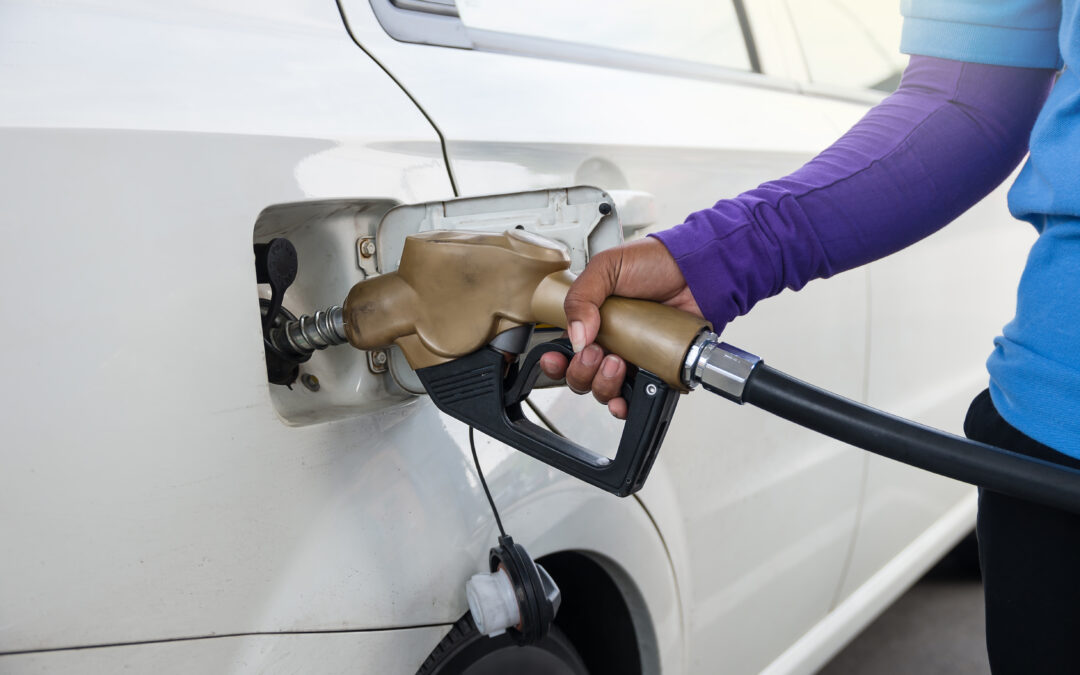If you are not behind the wheel of a fully electric vehicle, you are likely familiar with the need to power your internal combustion engine with an external fuel source. The importance of fuel becomes all too clear when you find yourself stranded on the side of the road with an empty tank. However, fuel is just one component of your vehicle’s intricate fuel system. In this article, we review the workings of your vehicle’s fuel system, common issues that can arise, and fuel system maintenance tips to ensure optimal performance of your fuel system.
Fuel System Components and Their Roles
The following are the primary components of the fuel system:
- Fuel Tank: The journey of the fuel starts at the fuel tank, which stores the gasoline for your vehicle. Gasoline, a flammable compound derived from petroleum, is the spark that sets the internal combustion engine in motion.
- Fuel Pump: Acting as a bridge between your fuel tank and the fuel lines, the fuel pump propels the gasoline into the fuel lines. Some vehicles may have multiple fuel pumps to ensure a steady flow of fuel.
- Fuel Line: These sturdy metal tubes guide the fuel towards the engine. To minimize exposure to heat and road elements, they are shielded by other components of your vehicle.
- Fuel Filter: Before reaching the engine, the gasoline must pass through the fuel filter. This component is designed to eliminate any impurities such as dirt, grime, or debris that may have contaminated the gasoline.
- Fuel Injectors: After filtration, the gasoline proceeds to the fuel injectors. Depending on the throttle pressure, the fuel injectors dispense the right amount of fuel by spraying it across the combustion chambers.
As your vehicle operates, the fuel system continuously pumps gasoline from the tank, through the lines, and into the combustion chambers and this process is repeated to keep the engine running.
Common Fuel System Issues and Their Prevention
The fuel system, due to its constant operation and vulnerability to wear and tear, may encounter various issues. Here are some common ones and how to prevent them:
- The fuel filter is blocked or clogged: The filter traps dirt and debris from the fuel before it reaches the injectors. If there’s too much dirt, the filter can get blocked, hindering the flow of fuel to the injectors.
- Use the fuel recommended by your vehicle’s manufacturer.
- Regularly schedule maintenance to inspect and/or replace your filter.
- The fuel line is damaged: Despite being somewhat shielded, fuel lines can still be affected by dirt, heat, and road salt. Excessive exposure may cause the fuel lines to rupture and leak gasoline.
- Regularly have your fuel lines inspected by a professional, particularly if you often drive in winter conditions with high amounts of road salt.
- Keep an eye out for poor fuel mileage, or fuel smells.
- The fuel pump fails: A malfunctioning fuel pump can disrupt the flow of fuel from the tank to the fuel lines, leading to engine misfires or failure to start.
- Always keep your fuel tank at least half full, especially if the vehicle is not in frequent use.
- Use the fuel grade recommended by your vehicle’s manufacturer to ensure the correct octane level and mixture.
- The fuel injector fails: Dirtied or faulty fuel injectors can prevent the correct amount of fuel from reaching your engine, affecting its smooth operation.
- Adhere to all fuel system maintenance guidelines.
- Consider adding commercial fuel system cleaners to your gasoline.
If you are noticing any unusual signs with your fuel system, such as poor gas mileage, leaks, or engine misfires, contact the service professionals at Campus Repair to schedule an inspection and/or repairs.

